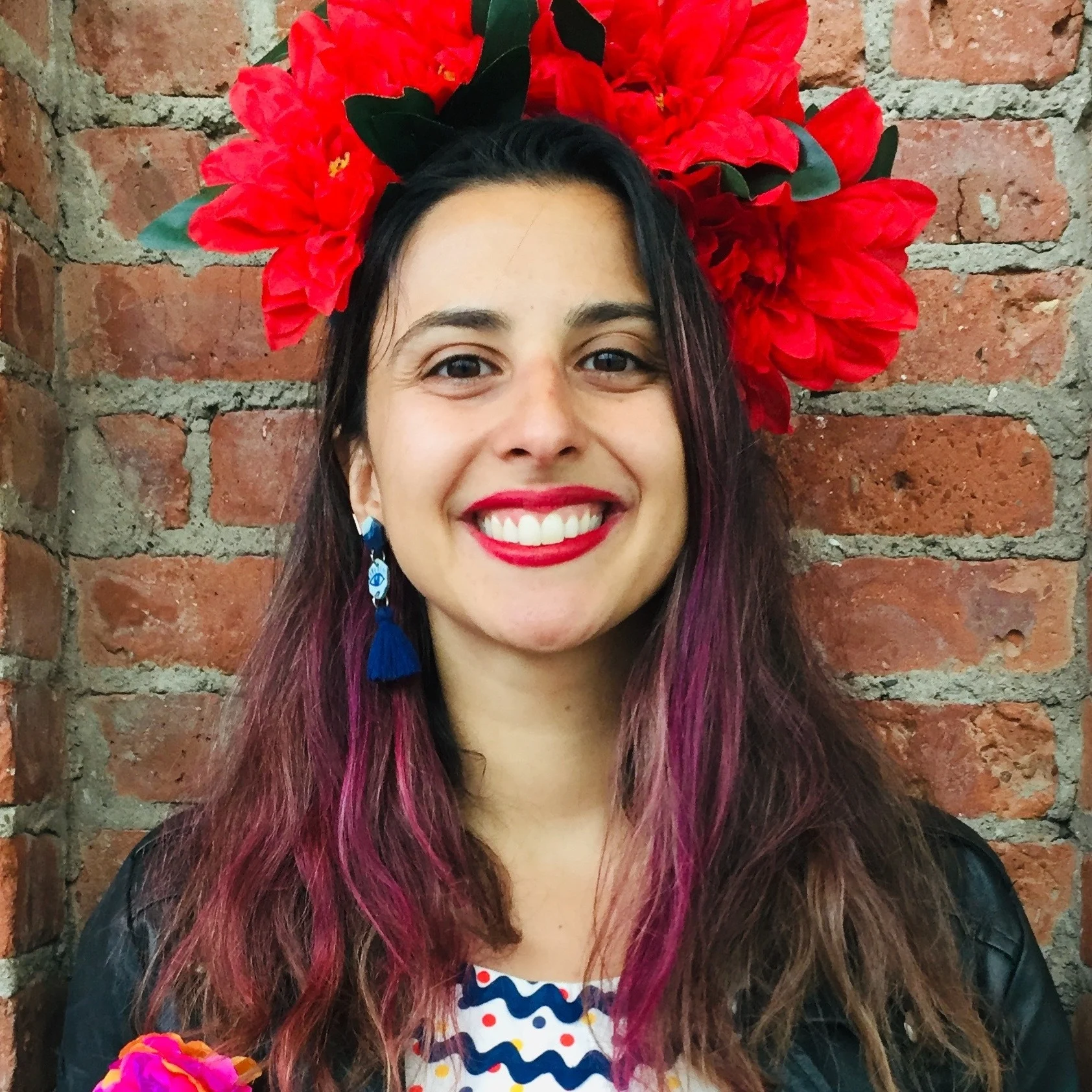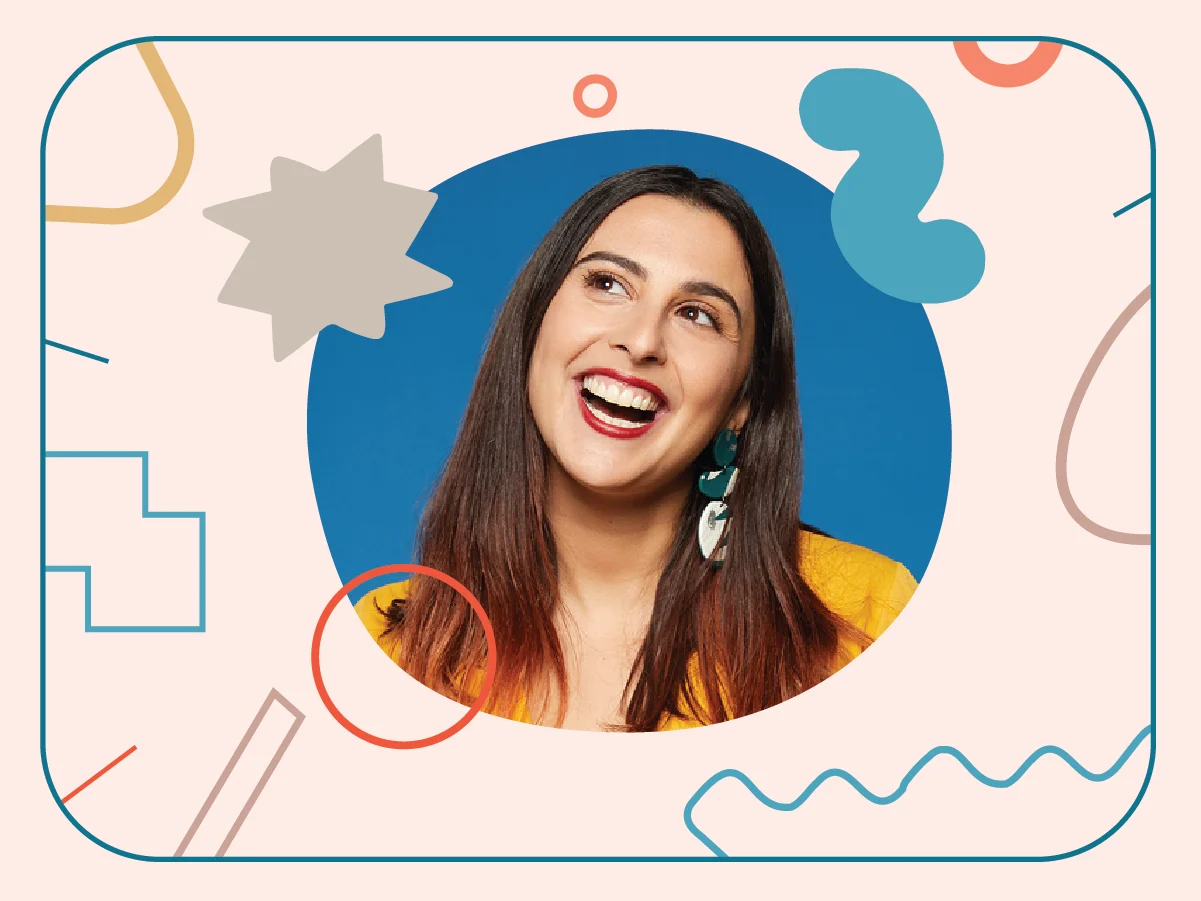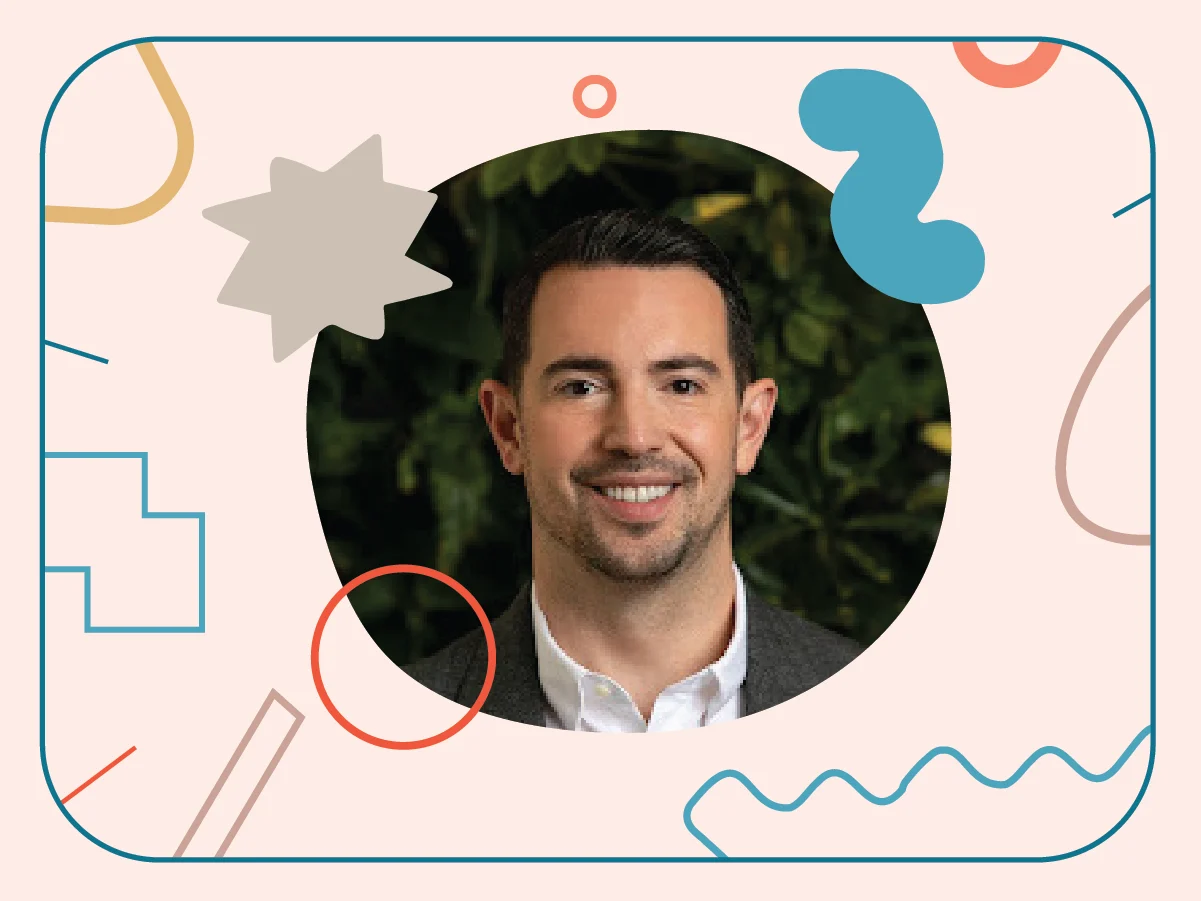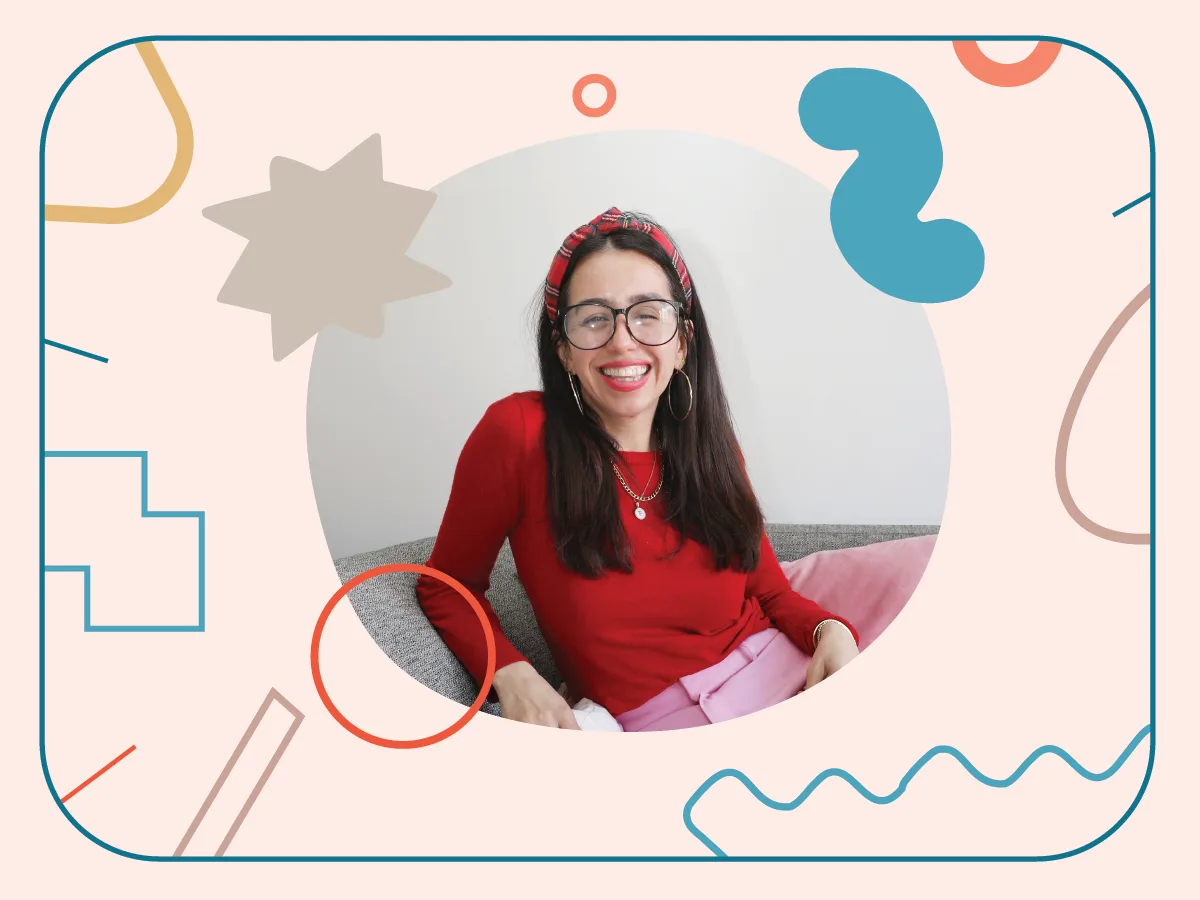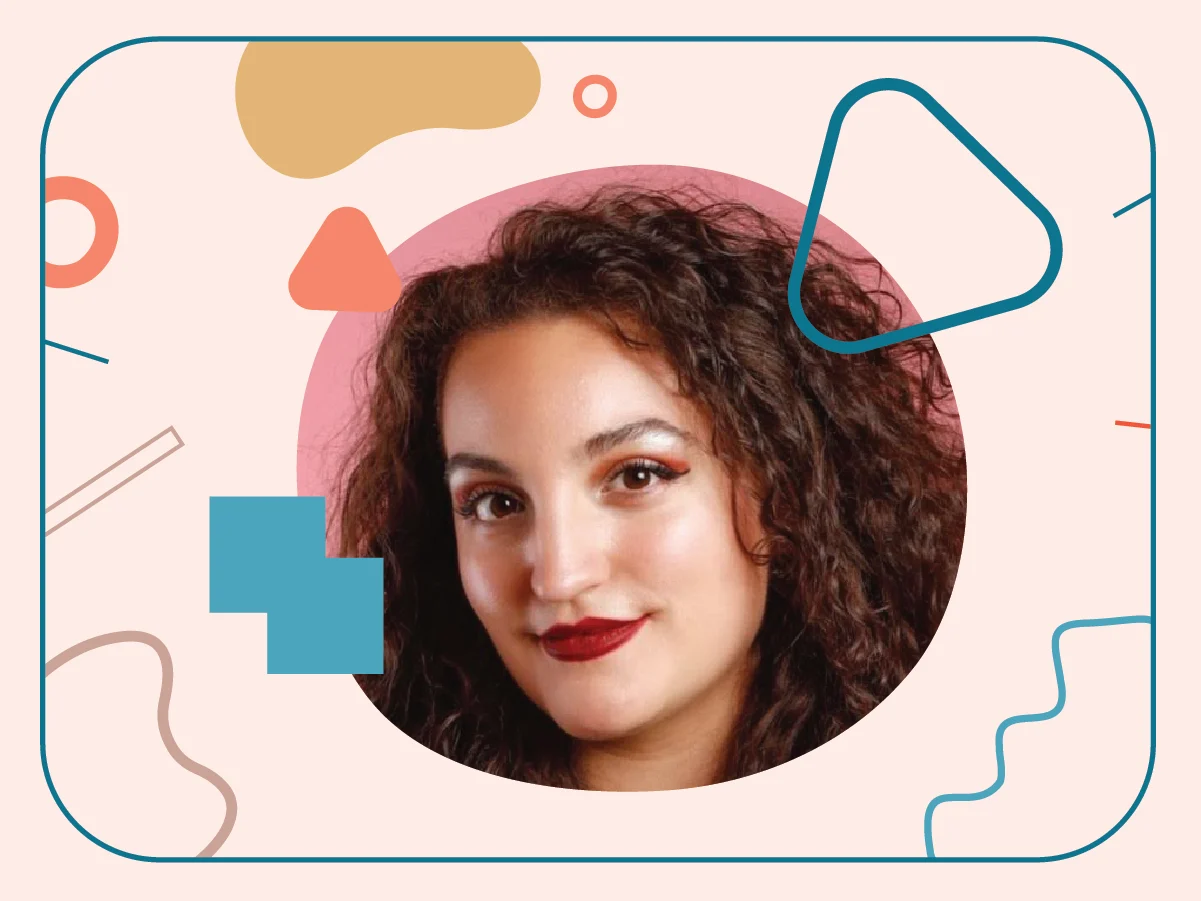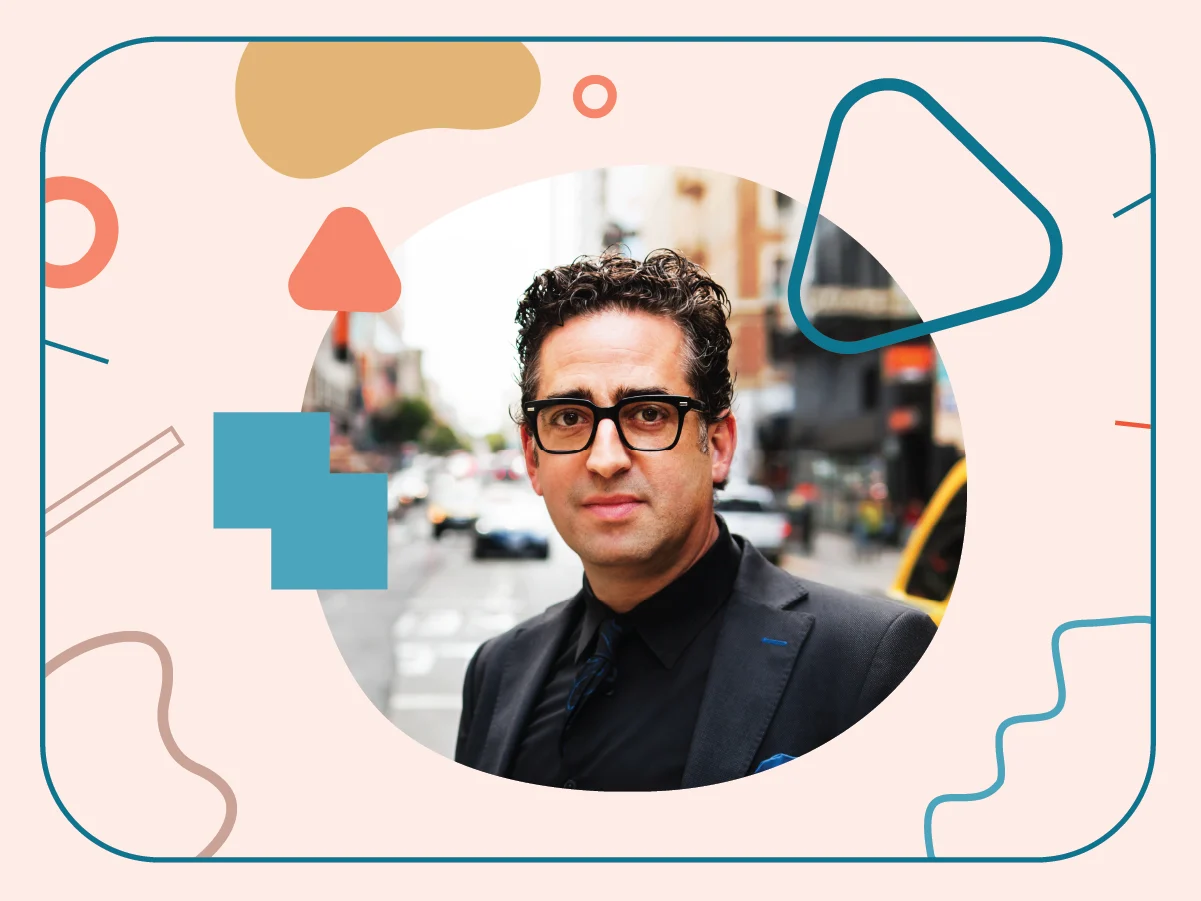Building a finance career with ADHD and no college degree

Stay in the know
All our latest podcasts delivered right to your inbox.
Whitney Valentine-Wafer has ADHD and never finished college. She’s served as chief financial officer for several organizations and built a career as a nonprofit finance professional. Her journey includes employers like Creative Commons and the San Francisco Ballet.
Whitney shares how she was diagnosed with ADHD as an adult — and how she found her way despite being fired from several jobs in her 20s. She says the key was reflecting on what worked and what didn’t work for her brain. Listen to her career advice, including how temping is a great way to try out different work roles.
Listen in. Then:
See a list of famous business people with learning differences and ADHD.
Hear the story of a real estate agent with ADHD who loves her work.
Learn about different paths after high school.
Episode transcript
Gretchen: If you like listening to this podcast, then check out "In It," a podcast that explores the joys and frustrations of supporting kids who learn and think differently. We chat with parents, teachers, and sometimes kids about topics that aren't talked about enough. Ready to listen? Subscribe to "In It" on Apple Podcasts, Spotify, or wherever you get your podcasts.
Eleni: From the Understood Podcast Network, this is "How'd You Get THAT Job?!," a podcast that explores the unique and often unexpected career paths of people with learning and thinking differences. My name is Eleni Matheou, and I'm a user researcher here at Understood. That means I spend a lot of time thinking about how we find jobs we love that reflect how we learn and who we are. I'll be your host.
Whitney Valentine-Wafer never finished college, but she was able to become the chief financial officer for several organizations. Today, she's a consultant on financial matters for not-for-profits. For years, she didn't know she had ADHD, and was only recently diagnosed as an adult. Welcome to the show, Whitney.
Whitney: Thank you!
Eleni: Whitney, you never finished college, but you ended up as a chief financial officer, and you've worked at some really interesting places. I would love to hear some of the highlights of cool places that you've worked, that you're proud of.
Whitney: Yeah! One of my very favorites, I was the chief financial officer for 4505 Meats, which is both a packaged pork rind company and also a barbecue restaurant group.
It's especially amusing to me because I am a vegetarian. I also worked in a lot of nonprofit spaces. So I worked for the San Francisco Ballet, the San Francisco Conservatory of Music, Creative Commons.
Eleni: We recently did some research that revealed five common catalysts that kind of force adults to confront personal challenges relating to thinking and learning differences. And one of the things that comes up a lot is seeing others go through some sort of identification process or close relatives being diagnosed themselves. I believe that this applies to your story. So I thought that would be a nice place to start. You went undiagnosed for a really long time. So if you could just tell us a little bit about what prompted your diagnosis.
Whitney: You know, it's very funny because my daughter was diagnosed many years ago. It hadn't occurred to me that would be applicable to me, and I hadn't really thought about it. And I am in my early 40s, and women who were growing up in the '80s and '90s, it was so rare to see an ADHD diagnosis. And so, you know, I spent my whole school career doing absolutely the bare minimum on the last day before a project was due and scraping by. And for some reason it just never flagged for anyone. And I was talking to my mom about it a few years ago, and she said, "Oh yeah, I have ADHD." This would have been really helpful to know.
I started really putting a lot of pieces together, and my husband's really addicted to TikTok, and so he started sending me ADHD TikToks, and saying, "Have you thought about the fact that you might have ADHD? Because everything here is applicable to you." And you know, when I was talking to the therapist about it, she really was able to highlight all of the ways that, you know, in my career, I have kind of accidentally failed up in some ways, where I was really not successful at lower-level jobs that didn't require a lot of creative thought. Terrible at it. I was fired multiple times in my 20s. I just was having a really hard time finding the right fit. But then, as I got more and more complex roles, I would really thrive in them.
And I didn't really understand that that was partly, just, that's the way that my brain works. When there's a challenge, it's easier for me to do really well.
Eleni: Yeah, I love that. And that actually relates to something else that we hear commonly in research. Often, when people are struggling, people don't recognize that's related to a thinking and learning difference in that moment. But then we hear, especially with late diagnosis, that once people recognize what might be going on, they start to reflect back on, like, childhood and past struggles.
Whitney: Yeah, it absolutely reframed 30-plus years of failures that I had, been, like, "Maybe I'm just really bad at everything." And I think that one of the big pieces has been really helping my daughter navigate a remote first year in college and really trying to help her find tips and tricks to get the ADHD to work in an environment that isn't ideal for her, and made everything click for me like, "Oh, I just developed all of these tips and tricks over the years, trying to make sure that I kept a job."
Eleni: Do you want to talk a little bit about some of the struggles you had, particularly around that time, where you said you were fired from a few jobs and how that might actually relate to your ADHD?
Whitney: So I ended up in my career path because I had been a temp. I said, "Oh, I need to pay some bills." And I started temping, and it turned out it was something I was really great at, and partly just because it was a new, interesting job every other week. And so I ended up in a longer-term role in a pretty large organization.
I had been temping as a staff accountant level, and when I had been working there, the CFO for the whole organization had come up to me one day and said, "Hey, I have an assistant controller role that is for a different division, and I think you would be perfect at it." And so that job was really interesting to me. And that's really the job where I learned how to budget. I had the opportunity to work for the president, and he took the time to sit down with me and say, "I know you haven't done this before, but let's talk about what I think about when I'm doing this process." And it was a little bit like getting to learn on the job as opposed to taking classes. It was a really interesting role and really made me feel excited about what I was doing. And then the person who had hired me left, and there were a lot of changes. And so I transitioned into a slightly different role at that same organization, and it was awful. It was absolutely one of the worst jobs I've ever had. And it was really just a lot of kind of data entry. And the more miserable I would get, the less I would be able to motivate myself to do it. So not only was this job boring and monotonous, but I was falling behind because I couldn't motivate myself to do the work.
And so I ultimately got let go. And it sort of forced me to say, "OK, what wasn't working about that job?" And I was able to really say, "OK, I just don't want to do data entry. That was not interesting." When previously the role at the same organization had been build a budget and put together presentations and do analytics.
Eleni: Yeah. Yeah. So I just wanted to touch on that and just say, you know, it's really interesting because obviously the "worst job" is really subjective for people. And it really depends on people's, like, own preferences and strengths. And I think it was really interesting that you, after that job, you reflected back on, like, why wasn't that the right job for you?
So I wanted to talk a little bit more about what you learned about yourself in those times where you were in a job that you really hated, and also what encouraged you to keep going and figure out what was the right environment for you.
Whitney: Yeah. So I moved across the country and I had to take another lower-level job than what I had previously been doing, which is actually at the San Francisco Ballet. But I had a boss who was able to really sit down with me and say, "Here's how we can make this job interesting for you." You know, really said, "I know that you're overqualified for this, but let's figure out how to get you into the right role moving forward." And I learned so much from her that it really helped me going into my next few roles.
I really tried to think about all of the areas that I can really make a positive difference. Reflecting on the ways that I have had bad fits in jobs, I think have made me a way better manager of people. All of my staff for the last five years have been willing to follow me anywhere. And I think that's partly me reflecting on the things that I don't enjoy or I don't excel at really has made me a little bit more receptive to understanding when there are other areas where people who work for me don't excel at. And then talking with them about how we can reorganize a team to make sure that everyone is doing the things that are the best fit for them or how we can make it so that the less desirable parts of the job aren't overwhelming. Because I definitely know that in the jobs where I have been let go, it's that the part of the job that doesn't work for me is overwhelming. And then I recognize that cycle in myself where I get overwhelmed by something that I absolutely don't want to do and I'm dreading, and then I fall behind and then it sort of spirals out and, you know, I can be down working on just raw data. But if I do that all day every day, I will eventually burn out, and my brain will just stop caring about it.
Eleni: Yeah. So it sounds like you did a lot of self-reflecting and now you're really aware that tends to be the pattern for you. So what is it about finance that you find exciting and that you find really works with your brain?
Whitney: Yeah, there's two big pieces. One is that, in a lot of ways, finance feels like a giant puzzle to be solved, right? So it's, how do we get the answer that we're trying to get in terms of either growth or kind of end results, and how do we get the information in a way that is really clear for everyone? That's another favorite part of the job for me, is I love to make a presentation. And it turns out that you make a lot of presentations when you're at that higher level.
So for me, it's not just solving the big picture problem, but it's also solving how to tell the story of what's happening at the organization. So how do you paint the picture that you need to tell to whoever that audience is? One of my very favorite things is thinking about how do I present the same information in four different ways so that the person who is getting the information understands it in a way that makes sense to them? And that particularly applies to me when I think about how a lot of times I haven't really understood what somebody's asking me, and then I now am really good at asking a lot of clarifying questions so that I can get to the root of what the question is. But I really love being able to interpret information and be able to package it in a way that whoever is receiving that information can understand and get what they need out of it. And that, to me, has been really satisfying.
Eleni: Do you have a particular moment where you had that realization or things really turned around for you and you were able to find your place in your group?
Whitney: Yeah, I absolutely have, actually that has been. I always say that I had a moment, which I always called, like, whatever the opposite of imposter syndrome is, happened to me in 2015. I had come out of a really challenging role where the fit was really bad, and I had stayed at a job for four years and it just, I had been feeling really discouraged. And I said, OK, I'm going to just go back to temping for a little bit.
And I ended up at an organization which was a children's clothing company. They had a brand-new CFO. I talked to him, I said, "Everything's a mess. I just need you to know that they don't really know what they're doing. None of this makes sense. I am happy to work with you." So he actually hired me on, brought me on as director of finance, and we started to build a budget. And I said, "This is bad. The budget, like, all of the templates we're using are bad and none of these numbers make sense." And I went through and I dug in and I rebuilt everything from the ground up. And I said, "We're going to go bankrupt." And my boss said, "No way. Absolutely not. That's not the case." And I walked him through it and he said, "Oh, you're right. We are going to go bankrupt." And we did actually go bankrupt. But I remember the moment that I had spent so many years saying, "OK, do I really know what I'm doing?" And I was on a call, me without my degree, being the expert, answering questions to two sets of lawyers on this call so that we could do all of the filings for this bankruptcy.
And that was the moment when I said, "Oh no, I'm, I am way smarter than I've been giving myself credit for." And after that moment, I have never doubted my ability to do what I can do. Because after that, even when I was doing jobs that were boring or parts that were really tedious, I said, "OK, I just need to get through this. I just need to figure out how I can plan out by week, month, year so that we can barrel through this." Where previously I had been like, "Oh, maybe I'm just bad at this," rather than "No, this is just a boring piece of the work that I don't particularly find engaging, but I need to make sure that I'm getting it done and over with."
Eleni: Yeah. And that's such an important distinction. It's "Am I bad at this or do I just not enjoy it?"
Whitney: I think that until I'd had that moment where I suddenly realized that I did know what I was talking about, that kind of prior to that, I just assumed that I was bad at things. And now I say, "Oh, no, I just don't like this particular piece."
Eleni: And now that you've gone through that, is there anything that you feel like might have helped you come to that realization sooner or get on the right path?
Whitney: I think it would have been really helpful if I had been able to either recognize or somebody else had been able to recognize, "Hey, something weird is going on here that you're either absolutely doing amazing or you're just absolutely failing." And I wish that I knew what I know now, but I don't regret any of the path. There are definitely pivotal moments in my life where I think that if I had understood what my challenges were and how ADHD was creating an impact, that I definitely could have had a different trajectory. I think I could have finished my degree really easily if I had understood why I was having such a hard time. I maybe would have left jobs sooner if I had realized that they were a really bad fit for me.
Eleni: Yeah. I think the fact that you didn't finish college and had not a very traditional trajectory is actually super interesting. And yeah, I agree, like, particularly uncommon in finance. Most people do follow more of a traditional education path to get to finance.
Whitney: The thing that everyone says that is both a compliment and a huge frustration of mine is, "You have such an unusual background." And I think it's because typically most people who work in finance have done "go get your degree, go get your MBA, work for two years with the consulting firm, and then go be an executive at these organizations." And I worked my way up through every possible job. It's been a struggle sometimes because some people absolutely don't care about it because 20 years of experience is a lot of experience. And some people really care about it and it's sort of absolutely a nonstarter for them.
Eleni: So I know that you mentioned that you're consulting now, and so I would love to hear about why that works so well for you.
Whitney: I have had a real opportunity to be exposed to a huge range of scales of organizations. And so I've been able to really help a lot of kind of smaller nonprofits think about how to both budget and how to manage pieces. A lot of organizations, when they're smaller, don't necessarily think about building that longer-range plan and build in a longer-range cash forecast. And because I have sort of been living and dying by cash in these smaller organizations, that's one of the skills that I learned how to do really quickly. Here's how we can build both a budget and then also here's how we can translate that budget into what your cash flow looks like.
Eleni: Yeah, it's interesting how all of your experience, like, you're able to refer back and be able to figure out, like, what applies where.
Whitney: Yeah, that's one of my favorite things. And as I have slipped between different industries, fundamentally, at the end of the day, finance is finance. One of the most fun jobs I had was working at the Conservatory of Music, and it wasn't a good fit, but I did have one very fun piece of that job and that was teaching musicians how to budget. Because it was all of these faculty who were orchestra musicians and professors of music. And if you can teach an orchestra musician how to make a department budget, you can teach anyone how to make a budget.
Eleni: OK, so I would love for you to share any advice or insights that you have for other young people with thinking and learning differences that think maybe college isn't for them.
Whitney: I think that what I learned as I've gone through this process is, for me, I found that temping really worked well. I got a huge range of opportunities, and I got to understand the things that I was good at and to also show that even though I didn't have the background on paper that they were looking for, that I was in fact more than capable of doing the job. And so that ended up really being my secret to success. And if your brain works that way, it can be a really great way to find the right fit — and also to find out what's not the right fit because temping definitely early on gave me the exposure to a huge number of organizations. And that was a great way to gain a lot of experience without having gone a traditional path.
Eleni: Thanks for being on the show, Whitney.
Whitney: Thank you so much for having me. It was really a pleasure.
Eleni: This has been "How'd You Get THAT Job?!," a part of the Understood Podcast Network. You can listen and subscribe to "How'd You Get THAT Job?!" on Apple, Spotify, or wherever you get your podcasts. And if you like what you heard today, tell someone about it. "How'd You Get THAT Job?!" is for you. So we want to make sure you're getting what you need. Go to u.org/thatjob to share your thoughts and to find resources from every episode. That's the letter U, as in Understood, dot O R G, slash that job.
Do you have a learning difference and a job you're passionate about? Email us at thatjob@understood.org. If you'd like to tell us how you got THAT job, we'd love to hear from you. As a nonprofit and social impact organization, Understood relies on the help of listeners like you to create podcasts like this one, to reach and support more people in more places. We have an ambitious mission to shape the world for difference, and we welcome you to join us in achieving our goals. Learn more at understood.org/mission. "How'd You Get THAT Job?!" was created by Andrew Lee and is produced by Gretchen Vierstra and Justin D. Wright, who also wrote our theme song. Laura Key is our editorial director at Understood. Scott Cocchiere is our creative director. Seth Melnick and Briana Berry are our production directors. Thanks again for listening.
Host
Eleni Matheou
leads user research for Understood. She helps Understood to center its work on the lived experiences and voices of people who learn and think differently.
Latest episodes
Tell us what interests you
Stay in the know
All our latest podcasts delivered right to your inbox.
